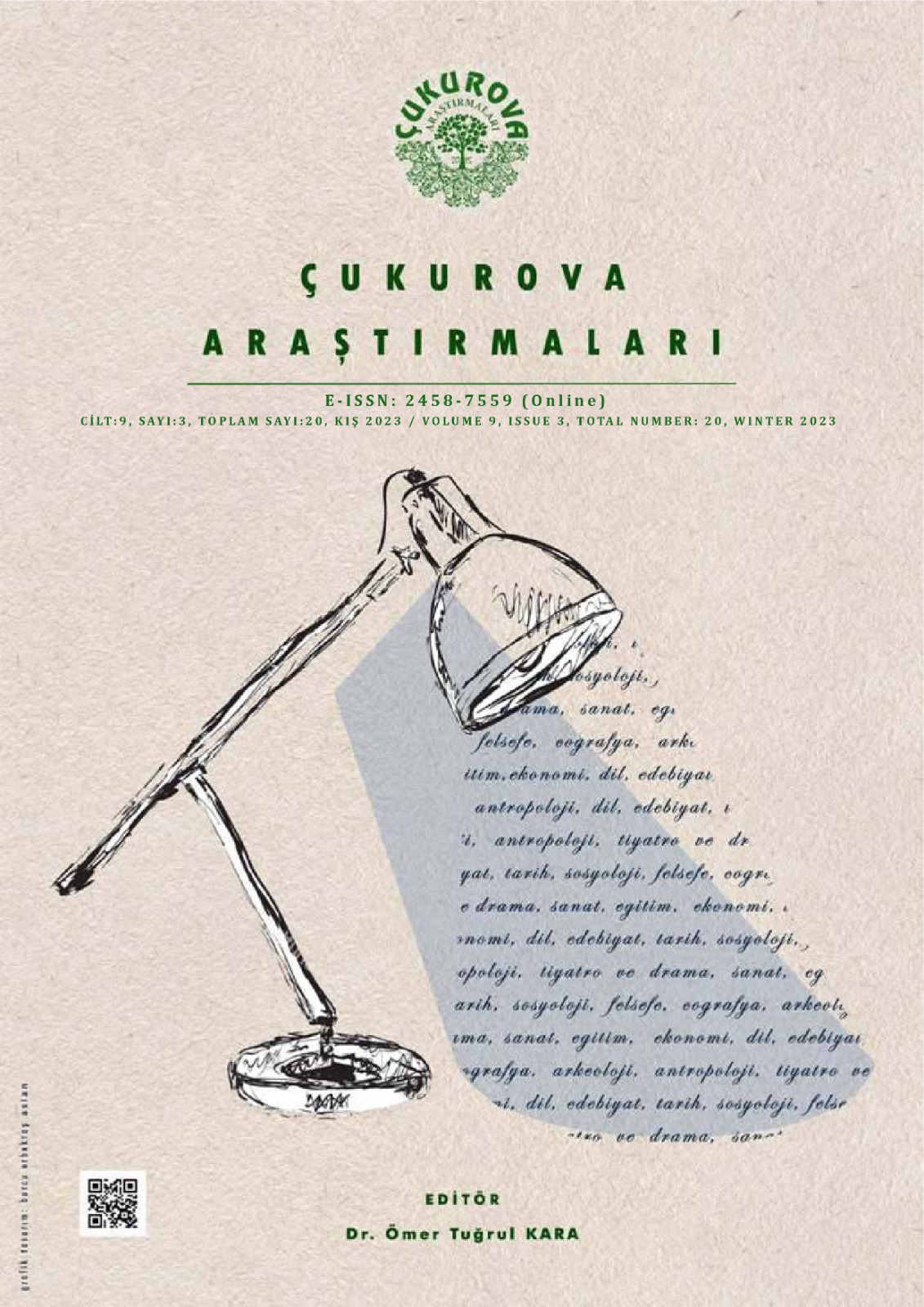Author :
Abstract
Otizm, genellikle yaşamın ilk üç yılı meydana gelen ve yaşam süresince devam eden bir engel durumudur. Geniş bir yelpazeye sahip olması sebebiyle belirtilerinin çok sayıda normal işlev gören insanda da meydana gelmesine bağlı olarak bazı kaynaklarda, hastalık olarak değil durum olarak da tanımlanmaktadır. Özel eğitim öğretmenlerinin otizmli bireylerle eğitim sürecinde müzikten nasıl faydalandıklarının belirlenmesi bağlamında bu konuda çalışan araştırmacılara ve uygulayıcılara fayda sağlaması açısından önemli olan bu araştırmada, özel eğitim öğretmenlerinin otizmli bireyler ile eğitim sürecinde müziği kullanma durumlarına ilişkin görüşlerinin tespit edilmesi amaçlanmıştır. Bu araştırmada, nitel araştırma yöntemlerinden durum çalışması deseni kullanılmıştır. Araştırmanın çalışma grubunu, özel eğitim veren kurumlarda görev yapan 9 özel eğitim öğretmeni oluşturmaktadır. Veriler yapılandırılmamış görüşme yolu ile toplanmıştır. Araştırmada elde edilen veriler, içerik analizi tekniği ile analiz edilmiştir. Görüşmelerdeki sorulara verilen cevaplara göre kodlar oluşturulmuştur. Bu kodlar değerlendirilerek bulgulara ulaşılmıştır. Araştırma bulguları tablolar haline getirilip yorumlanmış ve sonuca ulaşılmıştır. Yapılan araştırmada özel eğitim öğretmenlerinin otizmli bireylerin eğitiminde müziği hem araç hem de amaç olarak kullandıkları ve eğitimlerinde çeşitli enstrümanlar ile dersleri destekledikleri analiz edilmiştir. Araştırmada, özel eğitim öğretmenlerinin; Otizmli bireylere verilen eğitimlerde kullanılan enstrümanların bireylerin vücut algılarını geliştirdikleri ve müziğin tedavi edici özelliğinden faydalandıkları tespit edilmiştir. Araştırmaya katılan özel eğitim öğretmenlerinin hepsinin müzik dersi aldığı ve büyük oranda bu derslerin faydalı olduğu sonucuna ulaşılmıştır.
Keywords
Abstract
Autism is a disability that usually occurs in the first 3 years of life and continues to live. Due to its wide spectrum, its symptoms occur in many normally functioning people, and in some sources, it is published not as a disease but as a condition. In this study, which is important in terms of providing benefits to researchers and practitioners working on this subject in the context of determining how special education teachers benefit from music in the education process with individuals with autism, it is aimed to determine the views of special education teachers who provide education to individuals with autism about their use of music. The study group of this research consists of 9 special education teachers working in special education institutions. Data were collected using unstructured interview technique. The data obtained in the research were analyzed with the content analysis technique. Themes and codes were created according to the answers given to the questions in the interviews. Findings were reached by evaluating these themes and codes. The research findings were tabulated and interpreted and the result was reached. In the study, it was concluded that special education teachers use music in the education of individuals with autism. In the study, it was analyzed that special education teachers used music as both a tool and a goal in the education of individuals with autism and supported the lessons with various instruments in their education. In the research, the special education teachers; It has been determined that the tools used in the training given to people with autism improve the body perception of the individuals and benefit from their therapeutic properties for their lives. It was understood that music lessons were taken in most of the special education samples participating in the research and these lessons were mostly beneficial.





